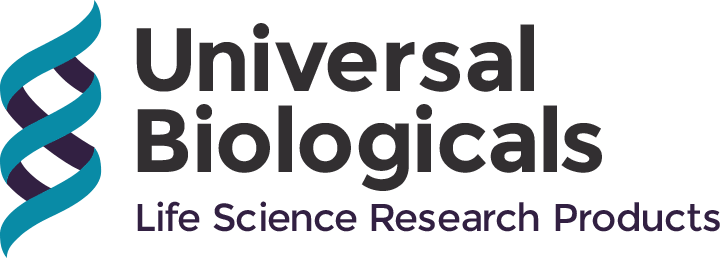| Product Size |
100µg
|
| Manufacturer |
FineTest
|
| Antibody Type |
monoclonal
|
| Storage |
PBS with 0.02% sodium azide and 50% glycerol pH 7.3,-20℃ for 12 months(Avoid repeated freeze / thaw cycles.)
|
| Physical Appearance |
liquid
|
| Purification |
Protein A+G purification
|
| Purity |
≥95% as determined by SDS-PAGE
|
| Host |
Mouse
|
| Isotype |
IgG2a
|
| Immunogen |
mutS homolog 2, colon cancer, nonpolyposis type 1
|
| Alternate Names |
COCA1, FCC1, hMSH2, HNPCC, HNPCC1, LCFS2, MSH2, MutS protein homolog 2
|
| Calculated MW |
105 kDa
|
| Protein ID |
P43246
|
| Clone |
7C1
|
| Reactivity |
Human
|
| Applications |
ELISA, IHC, WB
|
| Recommended dilution |
WB: 1:500-1:2000; IHC: 1:20-1:200
|
| Gene ID |
4436
|






